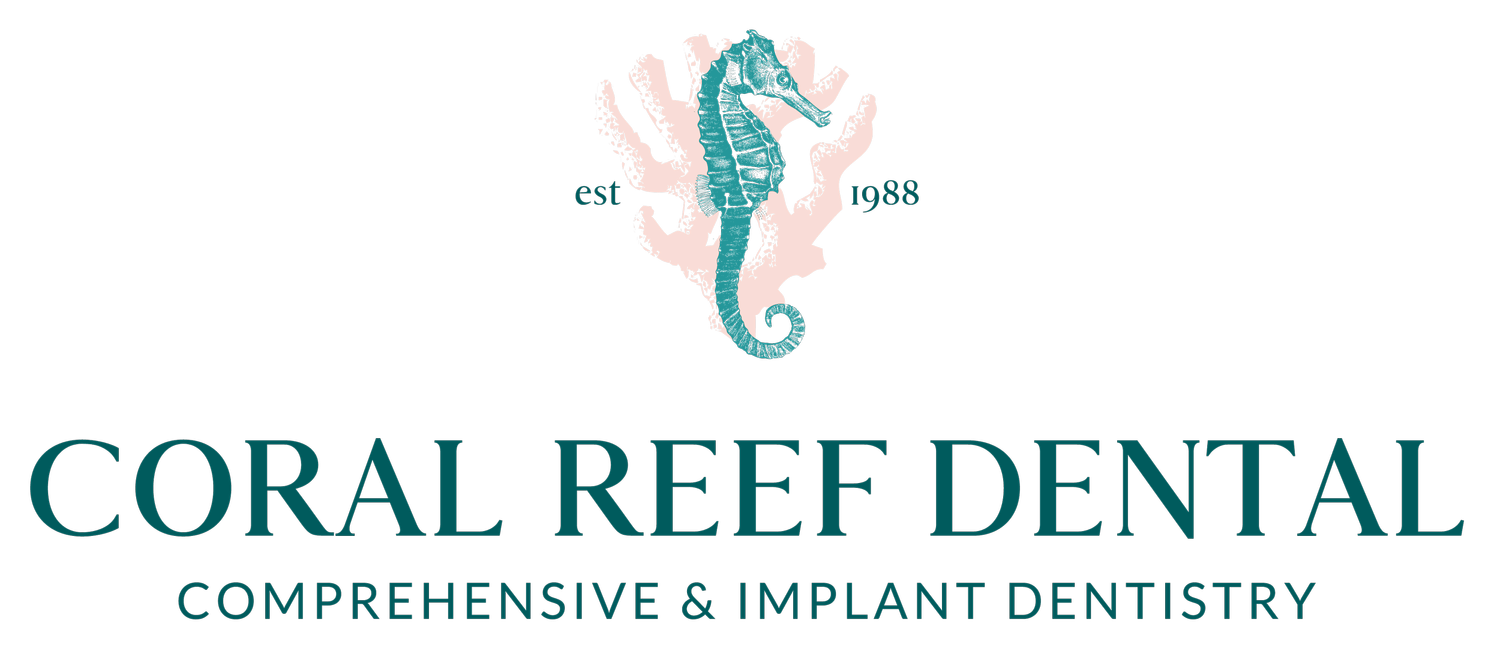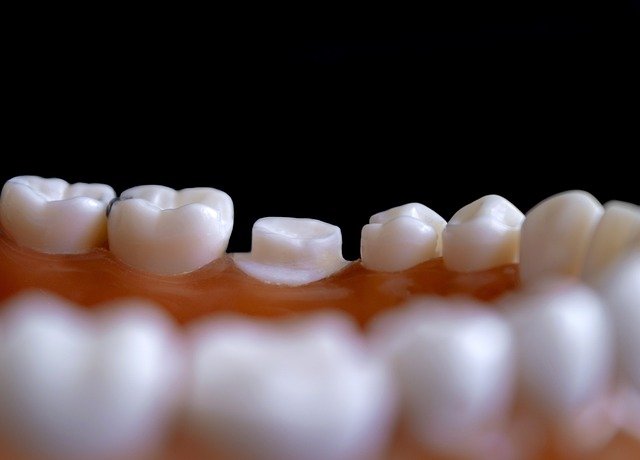Chipped Tooth: What To Do Right Now & How It’s Fixed
A slightly chipped tooth might not seem like cause for alarm, especially if you’re not in pain. However, even minimal damage can turn into a much larger problem if it isn’t treated as soon as possible.
Don’t assume your chipped tooth is only a cosmetic concern.
If you’ve experienced this issue, you’re in the right place! Today, we’re covering everything you need to know about handling chipped teeth. Read the article below to learn what steps to take after chipping a tooth.
Risks and causes of a chipped tooth
There are many reasons a tooth might chip. Of course, maintaining great dental hygiene is the best way to avoid this painful and unsightly issue. After all, strong, healthy teeth are less likely to break, crack, or chip than those that haven’t received the proper care.
However, here are a few ways this can happen, even to people with optimal oral health.
Teeth grinding
Bruxism, or teeth grinding, might happen when you sleep. Unless you wake up with unusual jaw pain, you may not even realize you do this. Others find that they clench their jaw when stressed. Over time, grinding your teeth can wear down the enamel and make your teeth more susceptible to chipping, cracking, and developing cavities.
If you grind your teeth, ask your dentist about a mouthguard you can wear overnight or other treatment options to reduce long-term damage.
Acidic food products
Acid-producing foods and drinks, such as coffee, alcohol, fruit juice, and spicy foods, can encourage tooth erosion. Conditions like acid reflux also damage tooth enamel and contribute to cracked, chipped teeth.
Additionally, you should also be mindful of your sugar intake. Sugar coats your teeth and creates the perfect environment for harmful bacteria that can cause cavities and tooth decay. This is one reason your dentist might encourage you to stay away from hard candy.
If your diet includes a lot of these items, consider using a toothpaste like Crest Pro-Health that can protect your teeth and fight cavities.
Physical trauma to the tooth
Accidents happen, and under the wrong circumstances, they can result in a chipped or cracked tooth. Car crashes, sporting injuries, and falls can all cause a painful dental injury that requires a visit to your dentist.
Of course, you should always wear a protective dental guard while playing contact sports. However, sometimes it’s impossible to avoid chipping a tooth. It’s important to note that your risk of chipped teeth increases as you age, so you’ll need to use extra caution to protect your pearly whites as you get older.
What to do about your chipped tooth right now
The best course of action is to contact your dentist as soon as you realize you’ve chipped a tooth. If possible, save any pieces that detached from your tooth, as your dentist might be able to reattach them. Chips that leave your tooth with an exposed, jagged edge can put you at risk for damage to your cheeks and tongue. Consider using an orthodontic wax to coat the area until you can see your dentist.
However, if your chipped tooth is badly damaged, it might cause intense pain. You may need to visit an emergency room during off-hours to address any immediate concerns.
Treatments for chipped teeth
The method your dentist chooses to repair your chipped tooth will depend on the severity of the injury, location, and condition of your teeth. In extremely mild cases, they might suggest simply monitoring it to ensure it doesn’t progress.
Here are some of the common dental practices used to treat a chipped tooth.
Dental fillings
Dental filling or bonding is often used to fix minor chips in tooth enamel. It’s especially popular when people chip a highly visible front tooth. Your dentist will use a tooth-colored composite resin to fill in the missing portion of your tooth and make it look just like your old chomper. This might require a bit of filing and buffing to even out the finished product.
You can expect these fillings to last about ten years.
Tooth reattachment
In some cases, your dentist may be able to reattach your broken tooth. They’ll use a non-toxic cement or other adhesive to bond the small piece back onto your otherwise healthy tooth. If you chip a tooth, always try to save the broken bits to see if your dentist can reattach them.
Veneers
Your dentist might suggest veneers for more significant damage. These porcelain covers are placed on top of your existing tooth. You can either get a single veneer to hide your chipped tooth or a whole set for a cohesive look. Veneers are a great option for people hoping to improve their smile while addressing a chipped tooth.
Veneers can last anywhere from 10 to 20 years.
Dental crowns
A dental crown or cap is often considered the best method for fixing a chipped tooth, as it covers the entire surface and prevents future damage and decay. Your dentist will shave down some of your enamel and then make an impression of the tooth that they’ll use to create a mold. It usually takes two appointments to get your permanent crown, but once it’s on, it can last a lifetime.
Root canal therapy
Severely chipped teeth might require a root canal so that your dental professional can attach a post to hold your future crown in place. This is often the case when most of your tooth is broken off, exposing the sensitive pulp within.
Tooth pain is often a sign that you’ll need a root canal. In some cases, an injury to already weakened teeth can require this procedure. For others, a root canal can address pain from cracked tooth syndrome.
Dental onlays
Dental onlays are somewhat similar to crowns, except they only cover the top of your tooth’s existing crown. They can be used when only a portion of your tooth–usually a molar–is chipped.
Onlays are made from many different materials, including ceramic, porcelain, and composite resin. Once again, your dentist will create impressions of your tooth to make a mold, which they’ll use to create your onlay. Then, they’ll cement it onto your tooth to restore functionality and your aesthetic desires.
Dental onlays can last for decades, but their longevity depends on the location and how much wear and tear they’ll endure.
Coral Reef Dental is here to help treat your chipped teeth!
Coral Reef Dental is Palm Harbor’s premier provider, specializing in comprehensive, comfortable oral care. Whether you’re suffering from a chipped tooth or in need of your regular cleaning, we’re here to help!
Contact us today to schedule your appointment and see how we can help you!


